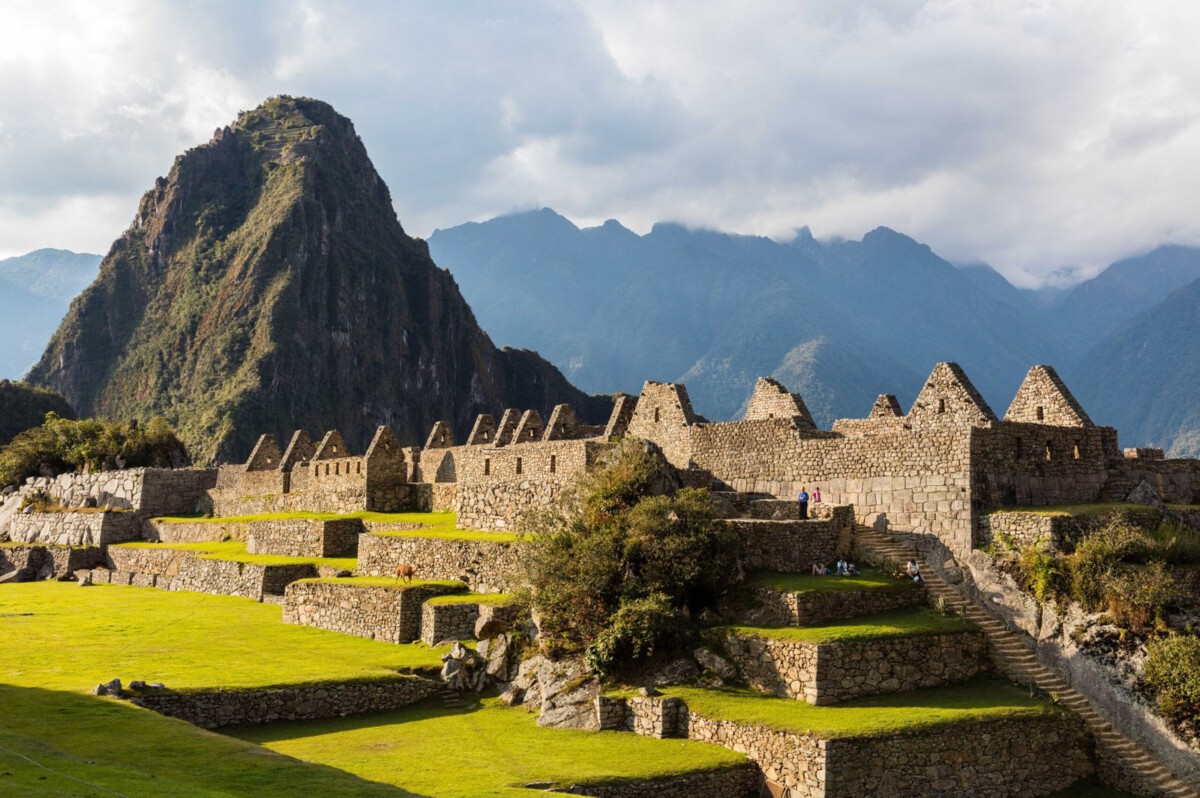Bhutan: Prioritizing Sustainability Over Mass Tourism

Bhutan has always stood apart from the crowd, fiercely protecting its traditions and untouched natural landscapes. In recent years, the country has doubled down on its strict “high-value, low-impact” tourism policy, requiring visitors to pay a hefty daily fee—often over $250. This strategy is designed to filter out mass tourism and keep visitor numbers manageable, but officials are now considering an even bolder step: a complete ban on all tourist arrivals. Climate change, coupled with the pressure of outside influences, has made leaders rethink the long-term impact of tourism. In a striking statement in 2024, Bhutan’s tourism minister declared, “We must prioritize our environment and culture over economic gain.” This sentiment has resonated deeply with locals, who have witnessed firsthand how even limited tourism can threaten fragile ecosystems. The kingdom’s approach is inspiring other nations to weigh the true cost of tourism, even if it means shutting their doors for good.
Venice, Italy: Battling Overtourism

Venice is at a breaking point. The city’s enchanting canals and ancient architecture have drawn millions, but that popularity has come at a steep price. In 2025, authorities instituted a reservation system, capping daily visitors at 30,000—yet even this bold move may not be enough. Local infrastructure is groaning under the weight of crowds, and the delicate foundations of the city are crumbling from constant foot traffic. A recent study found that 70% of residents now support even stricter regulations, a dramatic shift from just a few years ago. The mayor has remarked that “protecting our city for future generations may mean saying no to mass tourism.” Venice’s struggle has become a symbol of overtourism’s dangers, sparking fierce debates across Italy about whether to close the city entirely to outsiders. The possibility of a total ban feels more real than ever as preservation takes precedence over profit.
Iceland: Protecting Natural Wonders

Iceland’s wild beauty is both its blessing and its curse. The nation has experienced an unprecedented boom, with annual visitors skyrocketing from 600,000 in 2010 to over 2 million in 2023. This rapid growth has placed immense pressure on fragile environments, with popular sites suffering from erosion, litter, and disruption to wildlife. In 2024, the government took decisive action, announcing plans to restrict tourist access to key locations. Experts have warned that without serious intervention, Iceland’s iconic waterfalls, black sand beaches, and volcanic landscapes could face irreversible damage. “We must safeguard our environment while still welcoming visitors,” said the Minister of Tourism, hinting that a total ban is on the table if current measures fall short. The country’s tough stance has sparked both praise and controversy, but many Icelanders feel the risks of doing nothing are simply too high.
Thailand: A Shift Towards Responsible Tourism

Thailand’s stunning beaches and vibrant culture have made it a magnet for travelers, but success has come at a cost. Environmental damage is now impossible to ignore, particularly in hotspots like Maya Bay, which was closed for years to restore its battered ecosystem. In 2025, the Thai government announced potential bans on tourist arrivals in areas most affected by degradation. The move isn’t just about nature—it’s about people, too. A recent survey revealed that 80% of Thais support limiting tourist numbers, reflecting a growing sense of urgency. The Minister of Tourism stated, “We must ensure that our natural beauty is preserved for future generations.” With responsible tourism becoming the new mantra, Thailand may soon make the controversial decision to temporarily close its doors, prioritizing restoration over revenue.
Galápagos Islands, Ecuador: Protecting Biodiversity

The Galápagos Islands are synonymous with unique wildlife, but that fame is now a double-edged sword. More than 270,000 visitors arrived in 2023, putting enormous pressure on the islands’ delicate ecosystems. Conservationists have sounded the alarm, citing invasive species and human activity as major threats to native flora and fauna. In response, the Ecuadorian government proposed temporary bans on certain islands to allow for ecological recovery. The Minister of Environment was blunt: “We must take bold steps to protect our natural heritage.” These proposals have been met with mixed reactions, but the urgency is clear—if nothing changes, the Galápagos could lose the very biodiversity that makes them so special. The world is watching as Ecuador weighs the possibility of shutting the doors on tourism, at least for a while.
Bali, Indonesia: Curbing Environmental Impact

Bali’s lush landscapes and vibrant culture have long enchanted visitors, but the island is buckling under the strain of its own popularity. Over 6 million tourists landed in 2023, overwhelming waste systems, roads, and even water supplies. Pollution and overcrowding have sparked protests among locals, many of whom are demanding stricter controls or outright bans. In 2025, local authorities announced new plans to limit arrivals, acknowledging that the island’s infrastructure simply can’t cope with endless growth. “We must find a balance between tourism and preserving our culture and environment,” the Governor of Bali declared. The idea of a complete ban is gaining traction, especially as environmental degradation becomes impossible to ignore. The situation has forced Bali to reimagine its future—will it remain a paradise, or will it have to turn visitors away to survive?
Machu Picchu, Peru: Preserving Cultural Heritage

Machu Picchu stands as a testament to human ingenuity, but the ancient site is under siege from its own popularity. Visitor numbers surged to unsustainable levels, prompting the Peruvian government to slash daily admissions from 5,000 to 2,500 in 2024. Wear and tear on the centuries-old stonework is now a critical concern, with experts warning that irreversible damage is imminent unless drastic action is taken. A recent survey showed that 75% of locals back the new limits, reflecting widespread support for preservation. The Minister of Culture has stressed, “We must protect our heritage for future generations.” The possibility of a total ban is now being openly discussed, with officials weighing the risks to one of the world’s greatest archaeological treasures. The debate is emotional and heated, underscoring just how much is at stake.
The Maldives: Balancing Tourism and Conservation

The Maldives is famed for its turquoise waters and luxury resorts, yet those same attractions are under threat from rising sea levels, coral bleaching, and relentless development. In 2025, the government outlined plans to limit tourist arrivals as a critical step to protect vulnerable ecosystems. With 90% of residents supporting environmental measures, there’s a strong mandate for change. The Minister of Tourism has made it clear: “We must prioritize our environment over short-term economic gains.” The discussion around a complete ban is no longer theoretical—without bold action, the islands may lose their appeal, and even their very land, in the coming years. The Maldives’ struggle is a stark reminder that paradise is fragile, and sometimes, the only way to save it is to say “enough.”





